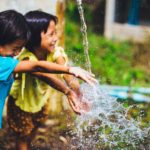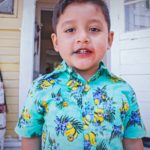In this last section, we will discuss some age-appropriate topics to cover with your kids. The conversation about sex needs to be one that builds upon itself; this means that you need to cover similar topics at different stages based on your child’s development and maturity.
Preschool
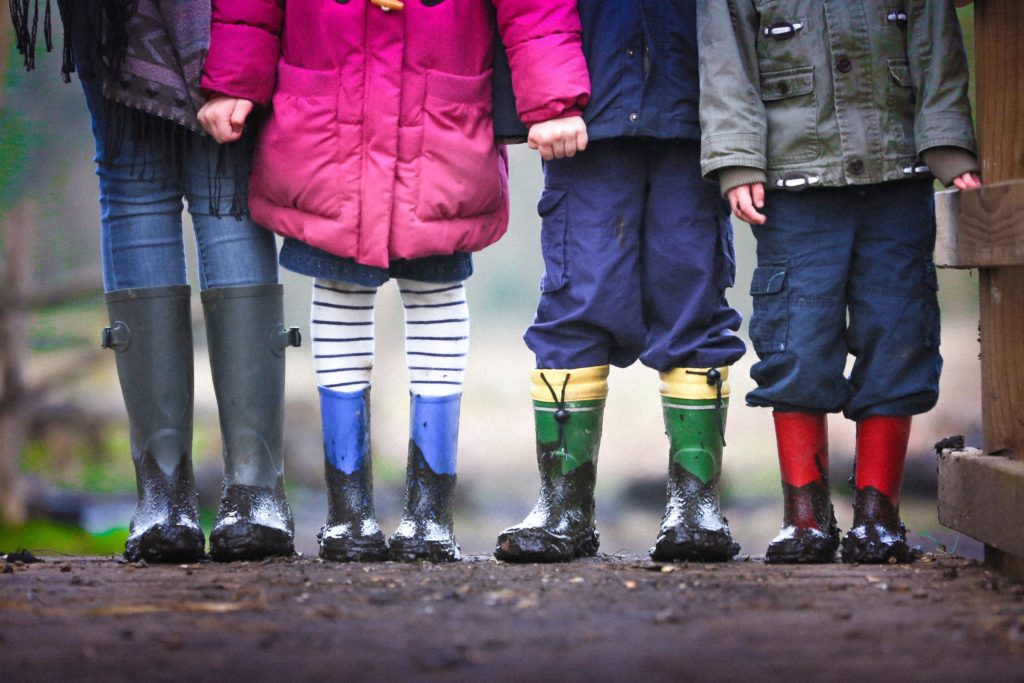
Younger children masturbate…do not be alarmed!
Children this age are not only discovering the world around them they are also discovering their bodies. Children this age might engage in self-stimulation or masturbation. This behavior is more reflective of them doing something that feels good in their body rather than a response to trauma or sexual stimulation.
Talking about secrets
In the search for their own autonomy, kids this age might start to keep things from parents. Something that is just theirs and they don’t have to share with anyone else. While this is appropriate developmentally; as parents, we need to ensure to educate our kids about not keeping secrets for adults. In particular, if these secrets are being kept as part of a threat.
Consent
It is important for kids to learn that their body is their own and that they can say “yes” or “no” to different behaviors and touches.
Cultivate their autonomy
Let them be who they are and respect their physical autonomy.
Correct names for their body parts
It can be uncomfortable, but using the appropriate names (vagina, penis, anus, vulva, etc) is very important. Nicknames create a sense of shame and can hinder their ability to communicate with you as they grow older or in case of an emergency.
Elementary Aged Kids
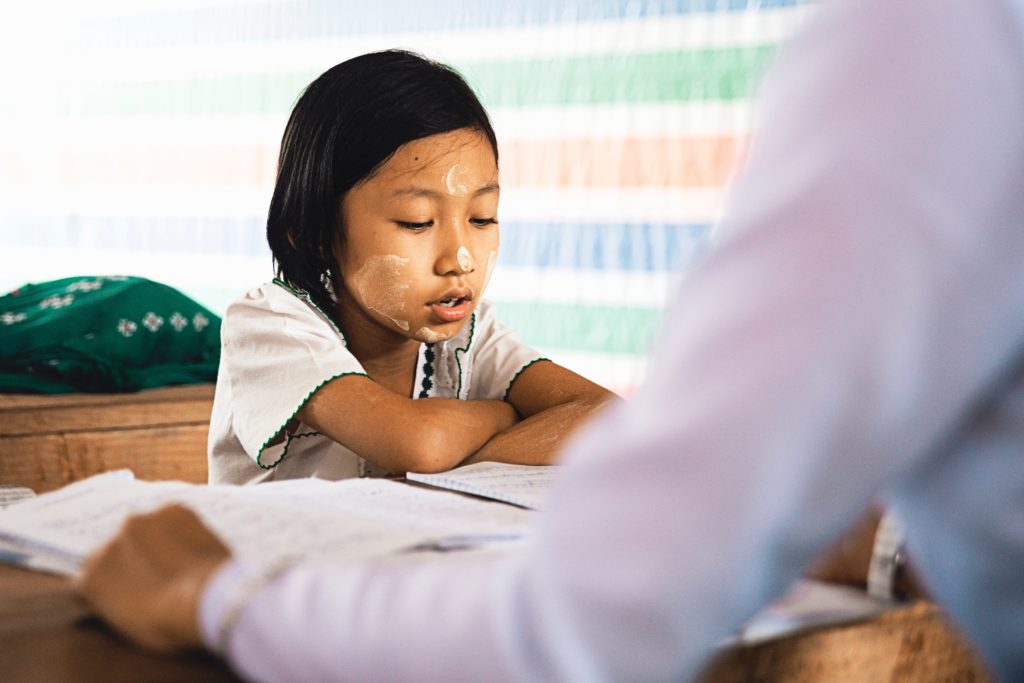
The correct names for their body parts.
Continue expanding on different body parts; especially if your kids notice any changes. Explain boys and girls have different body parts.
Continue reminding your kids that they have the right to say “no” not only in regards to their bodies but also in relation to others. Kids at this age might start extra-curricular activities; remind your kids only they can give another person permission to touch them.
Talk about secrets.
See above
Good touch bad touch.
Educate your kids about boundaries and healthy behaviors in relationships with others. Help empower your kids by teaching them about the safety of their bodies and how only caregivers and a doctor (under supervision of a caregiver) can touch certain areas of their body only to keep them clean and healthy.
Who to talk to when you need help.
Help your kids identify safe adults and healthy support systems that they can rely on and trust in times of need.
Open communication with parents.
Being different
Validate that every person is different; kids should strive to be themselves and not who society thinks they should be. Different doesn’t mean less or strange it means special.
Adolescence and puberty (4th-6th grade)
Some kids can begin to experience some signs of early puberty at the ages of 8-9 years old. These changes can be scary and kids might be embarrassed. Educate and support your kid through this transition. Normalize what is happening to their body and remind them that there aren’t any stupid questions and that you are there to help them and support them.
Middle School-Aged Children
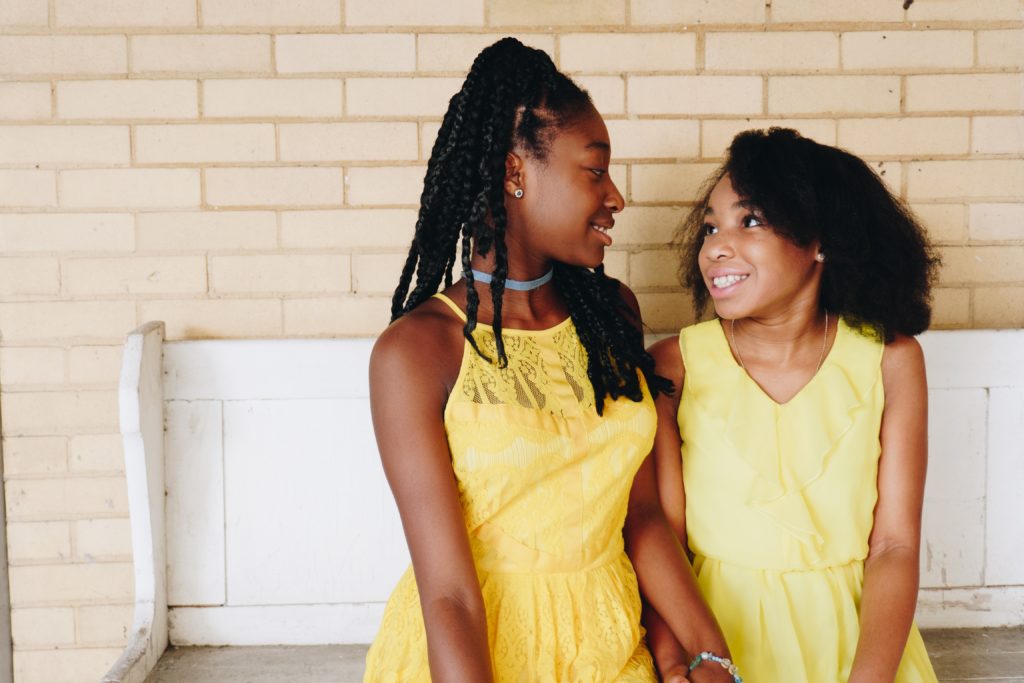
Consent
is a topic that needs to be continually addressed with kids and adults. Remind your child that they are in charge of their body and interactions with others. “No” means “no” in all situations. Start talking about how consent relates to romantic relationships.
Boundaries.
Encourage your child to use their voice to establish safe boundaries with others. Explain that boundaries surround around their emotional and physical needs not those of others.
Body autonomy.
In conjunction with the conversations about consent and boundaries, kids should be explained that their body is their own. No one can force them to do something to their body if they don’t feel comfortable. Who, what, where, and how their bodies are touched needs to be discussed.
Healthy relationships with others.
Introduce the idea of a relationship. Relationships are not only romantic they can refer to friends, family, team-mates, etc. Explain the difference between healthy and unhealthy relationships, both emotionally and physically. Share with your kids that healthy relationships respect your boundaries, body autonomy, and consent.
Puberty challenges and changes.
Your child’s body is undergoing several changes; some pleasant and some not so much. Continue talking to them and normalize what is happening. Also, remind them that everybody is different and they don’t all change at the same pace.
Safe sex.
Research tells us that kids are beginning to engage in sexual behaviors at younger ages. As such, educate your kids about what safe sex means; risks of having sex, birth control, STD/STI, resources, etc.
Sexuality
Explore what sexuality and gender identity mean to your child. Normalize the fact that their gender identity and sexuality might not be what society expects but that they are safe with you. Love is love regardless of sexuality and gender.
Talk about sexual assault directly.
As much as we hate to admit it sexual assault is part of our society and culture. Your kids might know someone who has been deeply impacted by sexual assault; educate them not only on how to stay safe themselves but also how to provide others with support. No survivor should ever feel alone and it is never their fault.
Talk about caring for their friends.
High School
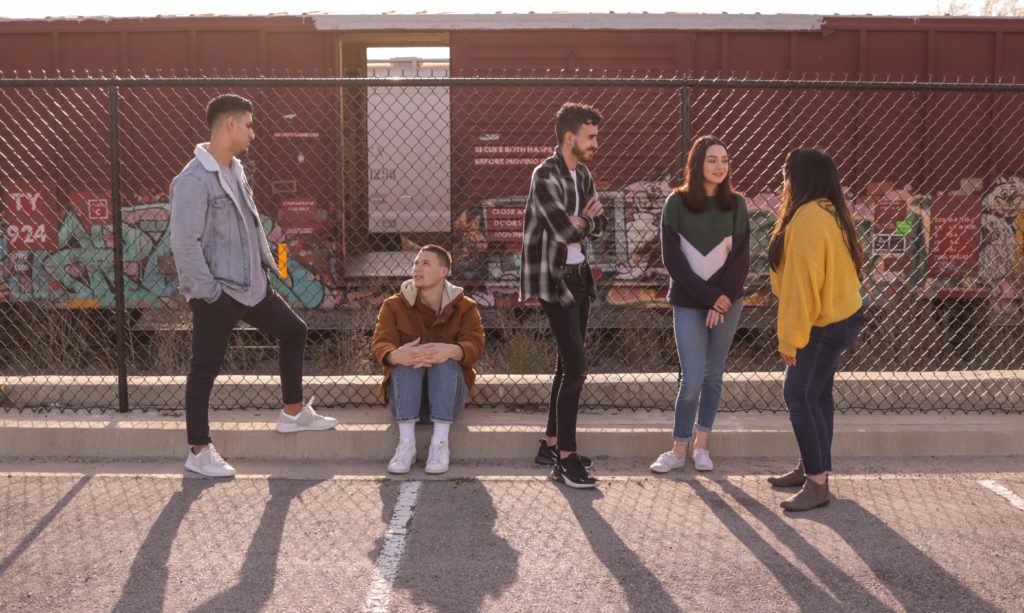
Again, continue talking about consent. Start making a shift from general consent topics to those specifically aimed at romantic and sexual relationships. “no” means “no” regardless of the situation and consent is not eternal; it can be revoked at any time in any situation.
As your child become a young adult, it is important that they continue to evaluate their wants and needs from a relationship; what are some deal-breakers for them. Cheating, drugs, abuse, religion, etc. As their parent/caregiver empower them to express these openly with friends and partners.
Safe sex.
Be more directive about what safe sex entails; using birth control appropriately and preventing STD/STI and pregnancies are just half of the equation. Encourage them to speak to their doctor if they are sexually active.
STD and STI.
Encourage them to speak to their doctor if they are sexually active.
Romantic relationships and love.
Love, lust, and romance are not all the same. Explore what each one means to your child and what their values are.
Healthy vs unhealthy relationships.
In conjunction with boundaries and consent talk to your kids about what health adult relationships entail and not entail.
Dating and intimate partner violence.
Reinforce that violence in any setting is never acceptable. If they are experiencing or know someone who is experiencing domestic/intimate partner violence provide them with the appropriate resources.
Sexuality
Coming out is an intricate process. Don’t ever force your child to share information with you that they are not ready to process. However, if your child does come out to you remember that your initial response is paramount to the relationship you will have with them and their own view of themselves. Remember love is love regardless of gender or sexuality.
Pregnancy prevention.
Physical health/ Pain and discomfort.
Encourage them to speak to their doctor if they are sexually active or experience any sudden changes to their body or health. Sex should never be painful.
Drugs and alcohol.
Introduce the topics of addiction and explain that consent can never be given while under the influence. Teach your kids how to stay safe if they are drinking or experimenting with drugs.
Talk about sexual assault directly.
Talk about caring for their friends.
Cover Photo by Ethan Johnson on Unsplash
Pre-School Photo by Ben Wicks on Unsplash
Elementary School Photo by Peter Hershey on Unsplash
Middle School Photo by Eye for Ebony on Unsplash
High School Photo by Eliott Reyna on Unsplash
Alejandra is a Registered Associate Marriage and Family Therapist and Professional Clinical Counselor (AMF #105469, APC# 4917). She graduated from Brandman University with a Masters in Psychology; she also holds a Bachelors in Psychology and Criminal Justice from California State University, San Bernardino.
Currently, she works for a non-profit organization that provides mental health services to schools in southern California. In addition, she also works for a private practice where she specializes in working with children, youth, and families suffering from a variety of issues such as academic performance, learning disabilities, depression, anxiety, bipolar, ADHD, Autism Spectrum Disorder, and grief.
-
Alejandra Alvarez, LMFThttps://psychosocial.media/author/alvarez/September 3, 2018
-
Alejandra Alvarez, LMFThttps://psychosocial.media/author/alvarez/September 14, 2018
-
Alejandra Alvarez, LMFThttps://psychosocial.media/author/alvarez/November 20, 2018
-
Alejandra Alvarez, LMFThttps://psychosocial.media/author/alvarez/
Monica Jauregui is an associate clinical social worker. She was born and raised in the Coachella Valley, however, she now lives in the San Bernardino area. Monica graduated in 2016 with a Master's in Social Work from the University of Redlands and got her Bachelor's of Arts degree, with a double major in Race and Ethnic Studies and Spanish. She has a passion for social justice and strives to bring awareness to social issues that affect the Latinx community, people of color, and the LGBTQ community.
Monica has experience working with survivors of domestic violence and survivors of trauma. Most of her work and most recent experience has been with severely and chronically mentally ill children. She has worked with incarcerated youth for a little over two years and continues to work with adolescents in a high school setting. Of all her roles, Monica's favorite title is Tia/Auntie. She loves spending time with her pit bull Bella and loves art, museums, plays, dance, and poetry. Her absolute favorite comfort food is her Nana's mole.
-
Monica Jauregui, ACSWhttps://psychosocial.media/author/mjauregui/January 12, 2019
-
Monica Jauregui, ACSWhttps://psychosocial.media/author/mjauregui/February 7, 2019
-
Monica Jauregui, ACSWhttps://psychosocial.media/author/mjauregui/
-
Monica Jauregui, ACSWhttps://psychosocial.media/author/mjauregui/




